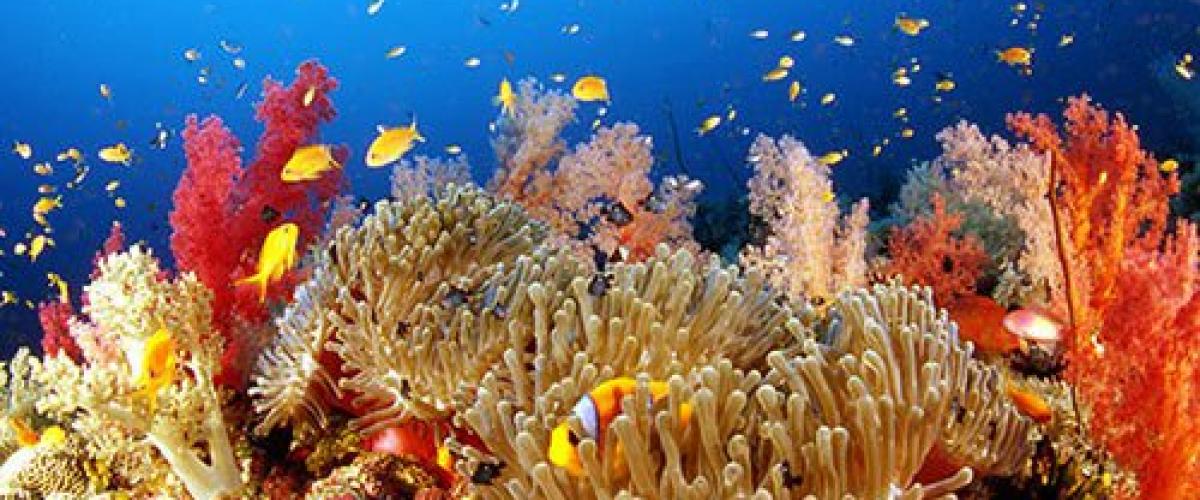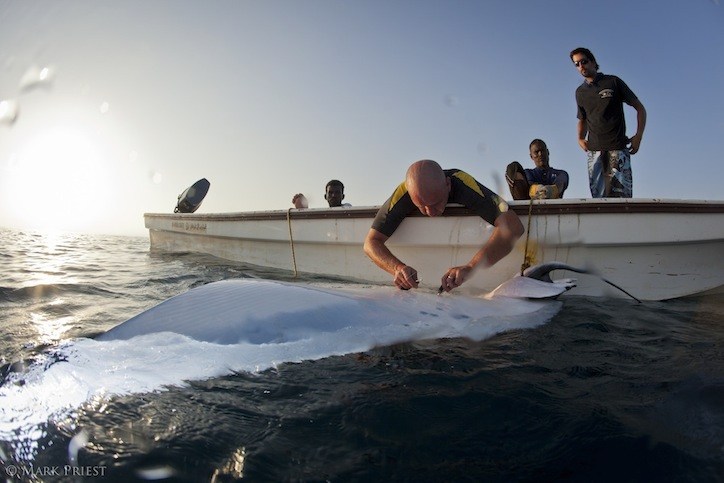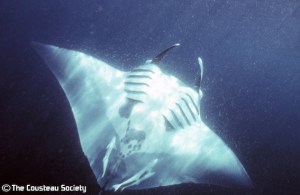The Cousteau Society in Dubai for the Convention on Biological Diversity
The Cousteau Society, represented by Tarik Chekchak, takes part to an international workshop organized by the Convention on Biological Diversity (CBD), in Dubai from the 20 to the 25 of April. The Cousteau Society goal is to describe and identify with CBD significant marine areas deserving the greatest attention of the United Nations. The workshop focus on the north-west indian ocean région and adjacent gulf areas, as the Red Sea and the Aden gulf. Dr Dirar Hassan Nasr, representative of Sudan and Tarik Chekchak, feature the importance of the Sudanese coast and the Socotra archipelago (Yemen).
The CBD is one of the three international treaty signed during the Rio Summit in 1992 (Convention on Climate Change and Convention to combat desertification). The Conference of the Parties, its governing body, advances implementation through the decisions adopted at its periodic meetings. At the outcome of the tenth meeting in Nagoya, the signatory countries formulate a Strategic Plan for Biodiversity with the purpose of safeguarding biodiversity and enhance its benefits for people. Twenty objectives, so-called the Aichi Biodiversity targets, will have to be achieved by the end of 2020. To make this plan concrete, several regional workshops will be hold to draw up the inventory of ecologically or biologically significant marine areas (EBSAs).
A unique and pionner ten-year study
The Cousteau Society intervenes in Dubai under its expertise developed during the study on coastal habitats and the Red Sea biodiversity in Sudan, study currently being conducted in Djibouti. A meticulous exploration of the Sudanese coast during 10 years results in the first global map of the marine coastal habitats. A complex coral reef network has been described. This is the first time that such study is undertaken.
Since 2 years, The Cousteau Society is conducting another scientific programm to track manta rays and sharks with acoustic tags in several hotspots scattered through the Red Sea area. While sharks populations collapse at an alarming rate, manta rays are for now in good health and protected from human threats impacts, especially fishing activities. These populations remain fragile as they could face increasing pressures (economic issues). They play a vital role within the marine ecosystems. As a resource for ecotourism, they have a real economic potential for the local communities.





